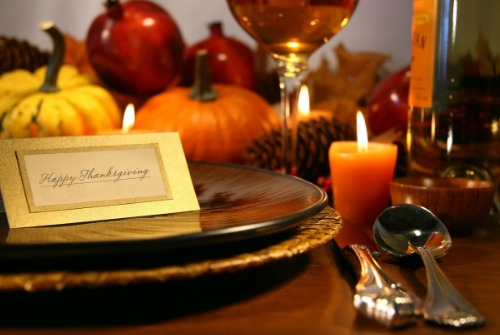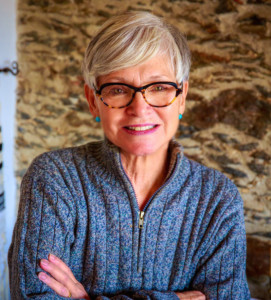Thanksgiving’s Jewish Connection
Legend has it that the first Thanksgiving was a sort of neighborhood block party when settlers invited local Indians to a festive celebration with tables piled high with all sorts of yummy delights. But that’s not how it happened. The real story is that the English settlers observed that first Thanksgiving after a year of numbing adversity. Years later it was a popular Jewish holiday that informed the national Thanksgiving celebration.
The very first Thanksgiving wasn’t celebrated in the autumn. The date was July 30, 1623 after what we Jews would call a year of tsuris – a year of terrible trouble. The winter had been bitterly cold, dozens perished from starvation, disease and violence and a spring drought resulted in the death of nearly 250 of the 350 colonists.
On July 30th, the drought finally broke on the very same day a ship arrived from England bringing much needed supplies. Overjoyed, the Pilgrims observed their first Thanksgiving on a blistering summer afternoon.
It was hardly a time of plenty; in fact it was a time of extreme deprivation. Nonetheless and over the objections of some, these settlers gave thanks by word and deed. They praised God and invited the very tribe who had attacked them to sit with them at their dining table.
It was not until 240 years later that Thanksgiving became a national holiday. Once again it didn’t come in a period of plenty. Instead it came in the dark hours of the Civil War.
In 1863 Abraham Lincoln issued a proclamation appointing the last Thursday in November the day of observance called Thanksgiving. And interestingly he based the establishment of this new American holiday on the Jewish festival of Sukkot – the biblical festival based upon gratitude to God for the fruits of the harvest.
So the lesson of Thanksgiving is this; no matter what’s happening – if the river dries up, or the food runs out, if brother fights brother or if your family is sad or suffering – no matter what happens , if we are willing, we can find a reason to be thankful.
“Hi ne ma tov u manaim shevat achim gam yachad.” These are Hebrew words from psalm 133 – words that mean: “How good and how pleasant it is when brothers and sisters dwell together in unity” – something we can do each year around our family table.
These days when diversity is prominent we are reminded to acknowledge and appreciate our differences while at the same time we are grateful that even in our darkest hours, we are united as brothers and sisters and as neighbors and friends.
Hag Thanksgiving Sameach!

